
Apr 10 , 2023
By Hruy Tsegaye Berehe
For millennia, social inequality has stubbornly persisted as one of humanity's most pressing issues. This pervasive problem underlies many of society's critical challenges, including war, crime, disease, racism, and irrationality. The crux of the matter is not its ideological complexity but its impracticability.
Regardless of the form of government, economic theory, or human error, inequality has remained a constant, as the rich require little to succeed. In contrast, the impoverished require a monumental effort to survive. This unequal playing field extends beyond economics and business, impacting education, environment, governance, agriculture, behaviour, sports, and enlightenment.
The technology boom has only served to exacerbate the issue, concentrating wealth into the hands of a few. Take, for example, the acquisitions of WhatsApp, Instagram, Mojang, Oculus VR, and Nest Labs by major tech players. These deals amassed billions of dollars for founders and a select group of employees but did little to distribute wealth to a broader population.
The rise of technology giants has corresponded with a decline in large-scale employment. Technological unemployment is an emerging concern, particularly in regions like Africa, where most jobs are low-level and susceptible to automation. This trend threatens to widen the gap between the haves and have-nots. It is crucial to find innovative solutions to alleviate this growing disparity.
One such solution lies in decentralized technologies, which can level the playing field on a global scale. When communities own and govern the platforms, no centralised entity can manipulate the rules to favour a select few. For instance, decentralised technology companies like SingularityNET are taking a progressive approach to technology while working to reduce wealth distribution inequalities.
In Africa, where many small companies struggle to compete in the global market due to a lack of technology and skilled human resources, decentralized technology has the potential to make a significant impact. By making advanced AI tools and software more accessible and affordable, small businesses in the region can enhance their competitiveness, ultimately reducing their reliance on imported goods and services.
An estimated 68pc of goods and services sold in Africa are imported, which can be attributed to the continent's inability to establish competitive industries. Decentralized companies, however, offer a glimpse of hope for the future. For example, a small software company in the Central African Republic can now access top-tier AI tools at a fraction of the cost. Research centres, universities, and defence sectors in sub-Saharan Africa, which once spent billions of dollars on services now provided by decentralized companies, stand to benefit from the democratization of technology.
As decentralized platforms integrate various AI tools and software from developers worldwide, they can become a vital resource for small African businesses seeking access to advanced technological solutions. This shift can weaken the biased arena, empowering African industries to flourish and compete globally.
Nonetheless, it is essential to recognize that addressing social inequality is a multifaceted endeavour that requires coordinated efforts across education, governance, economic systems, and technological advancements. Decentralized technology is just one piece of the puzzle but represents a step in the right direction.
By embracing and promoting decentralized technologies, we can work towards a future where opportunities for prosperity are more equitably distributed and the biased arena is weakened. The path forward requires concerted efforts from all stakeholders, including governments, businesses, and individuals, to ensure that the benefits of technological advancements are shared by all rather than concentrated in the hands of the few.
This article is provided by Meklit Wisdom Centre.
PUBLISHED ON
Apr 10,2023 [ VOL
24 , NO
1197]

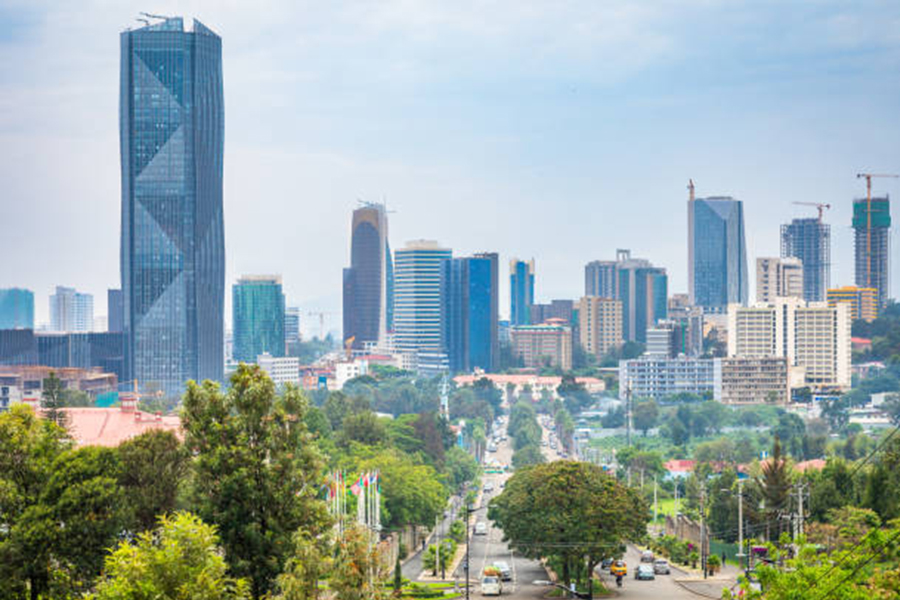
Fortune News | May 23,2025
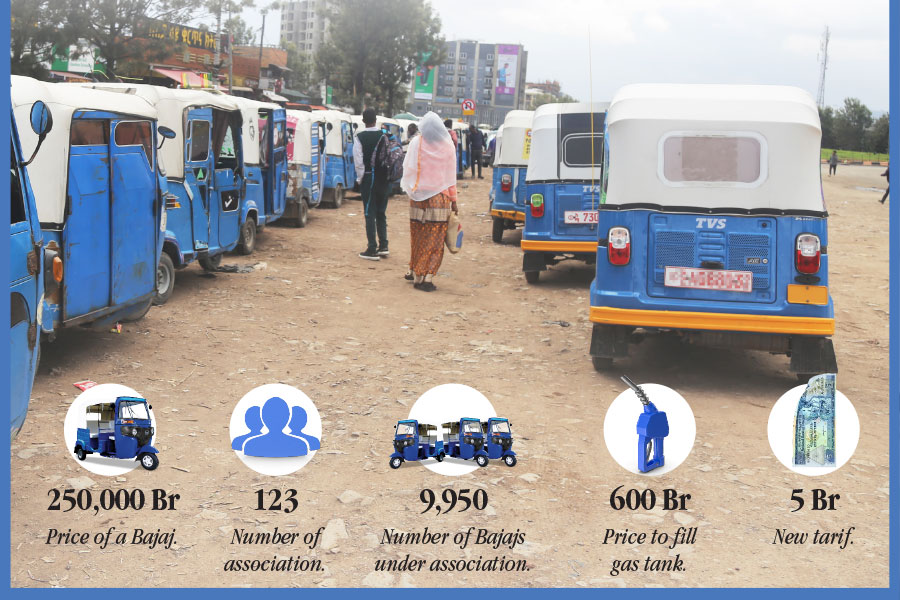
Fortune News | Apr 09,2023

Fortune News | Jul 13,2025

Agenda | Jun 29,2025
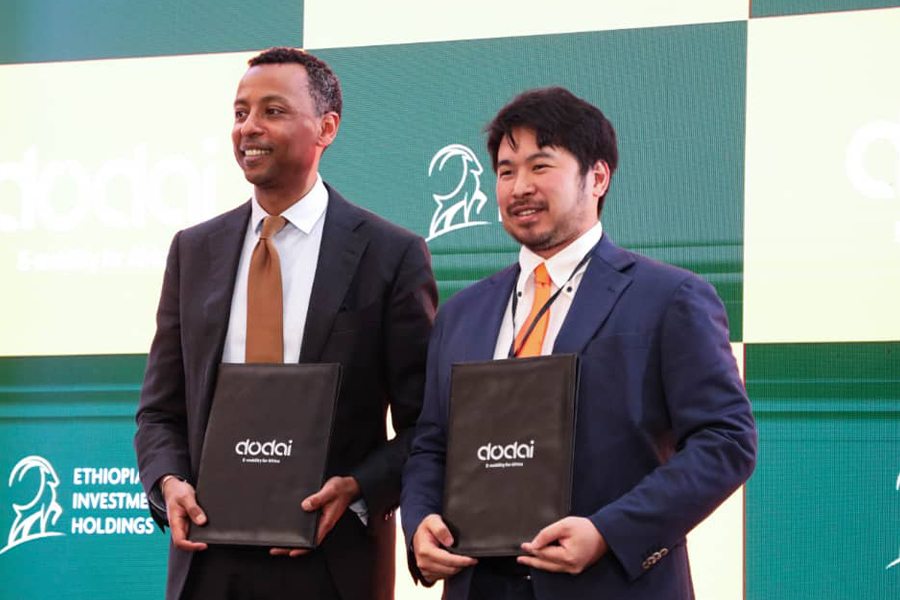
Radar | Oct 27,2024

Life Matters | Dec 02,2023

Fortune News | Jul 08,2023
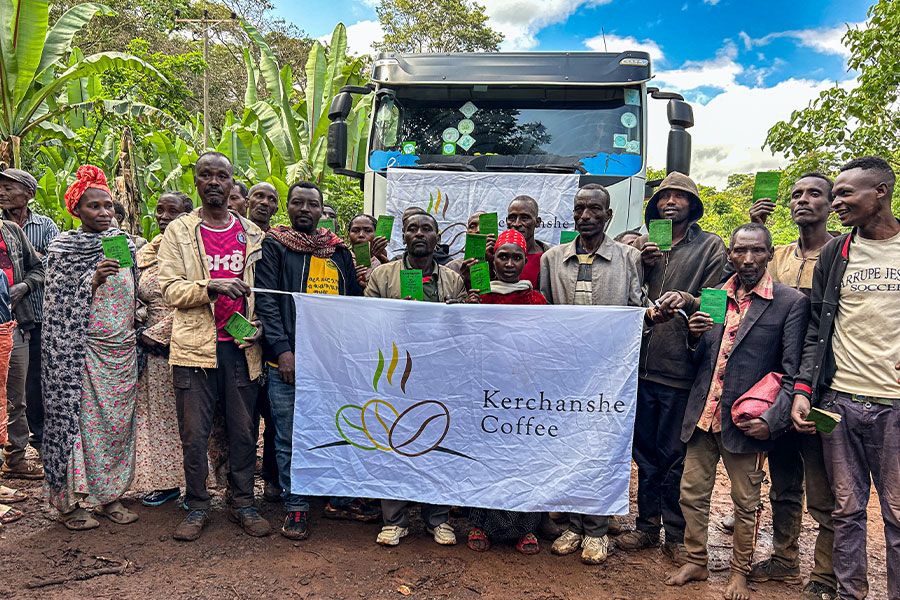
Advertorials | May 30,2025
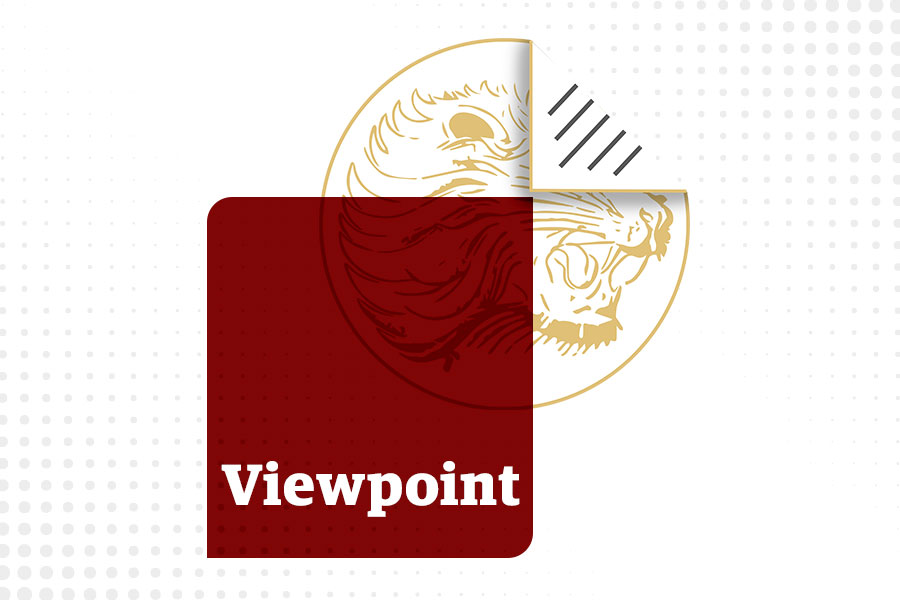
Viewpoints | Apr 22,2023

My Opinion | Apr 15,2023

My Opinion | 132151 Views | Aug 14,2021

My Opinion | 128561 Views | Aug 21,2021

My Opinion | 126482 Views | Sep 10,2021

My Opinion | 124091 Views | Aug 07,2021





Dec 22 , 2024 . By TIZITA SHEWAFERAW
Charged with transforming colossal state-owned enterprises into modern and competitiv...

Aug 18 , 2024 . By AKSAH ITALO
Although predictable Yonas Zerihun's job in the ride-hailing service is not immune to...

Jul 28 , 2024 . By TIZITA SHEWAFERAW
Unhabitual, perhaps too many, Samuel Gebreyohannes, 38, used to occasionally enjoy a couple of beers at breakfast. However, he recently swit...

Jul 13 , 2024 . By AKSAH ITALO
Investors who rely on tractors, trucks, and field vehicles for commuting, transporting commodities, and f...

Jul 12 , 2025
Political leaders and their policy advisors often promise great leaps forward, yet th...

Jul 5 , 2025
Six years ago, Ethiopia was the darling of international liberal commentators. A year...

Jun 28 , 2025
Meseret Damtie, the assertive auditor general, has never been shy about naming names...

Jun 21 , 2025
A well-worn adage says, “Budget is not destiny, but it is direction.” Examining t...

Jul 13 , 2025 . By YITBAREK GETACHEW
The Addis Abeba City Revenue Bureau has introduced a new directive set to reshape how...

Jul 13 , 2025 . By BEZAWIT HULUAGER
Addis Abeba has approved a record 350 billion Br budget for the 2025/26 fiscal year,...

Jul 13 , 2025 . By RUTH BERHANU
The Addis Abeba Revenue Bureau has scrapped a value-added tax (VAT) on unprocessed ve...

Jul 13 , 2025 . By NAHOM AYELE
Federal lawmakers have finally brought closure to a protracted and contentious tax de...